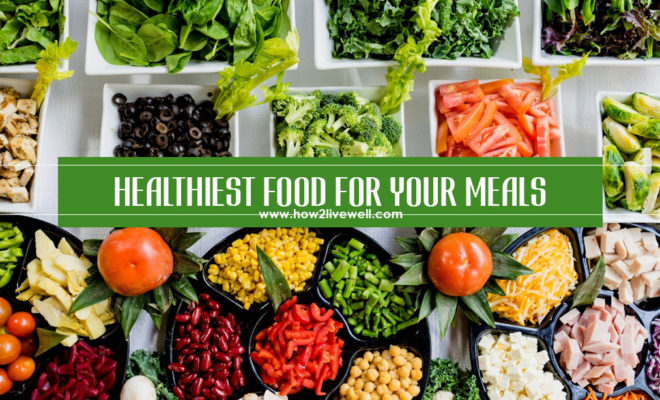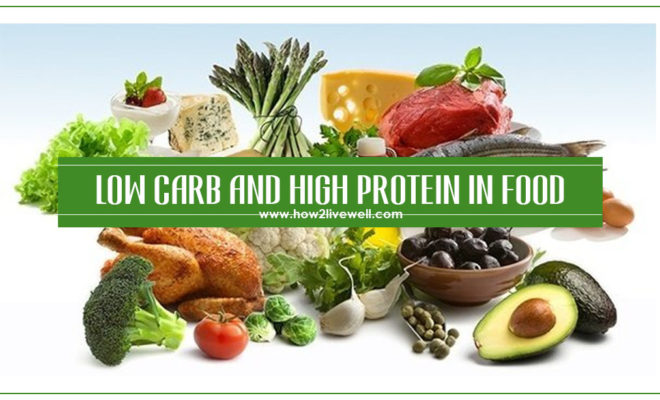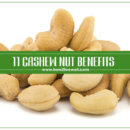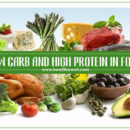High Purine Foods to Avoid if You Have Gout

11. Scallops:
Scallops are another shellfish that is best to keep off your plate. These contain more purines per gram than mussels and lobster, but not as much as shrimp. Often you’ll see scallops paired with mussels and other seafood choices on a combination platter, and this would definitely be something to avoid, as a plate like that has been known to cause a gout flare up all by itself. Serving Size (100 grams), Purines (136 milligrams), 69 calories.
12. Venison:
Wild game is becoming more readily available as source of protein that is potentially better than organic, since it’s allowed to live on its own and thus isn’t full of antibiotics or genetically modified feed. But you’ll want to take care not to eat venison due to its relatively high purine numbers. It’s also a good source of protein, which can further aggravate gout symptoms. Serving Size (100 grams), Purines (138 milligrams), 187 calories.
13. Raisins:
These little dried grapes can cause problems for gout sufferers, as they’re an unsuspected source of purines. It’s easy to remember to be wary of fish, shellfish, and meats, but it’s easy to forget that raisins can be just as problematic. These show up in all sorts of baked goods and other recipes, so be careful not to eat too many of them, if at all. Serving Size (100 grams), Purines (107 milligrams), 302 calories.
14. Lamb:
Lamb, like other meats listed here, is high in both protein and purines, giving it a double whammy status for those looking to manage their gout flare ups. Lamb is not one of the most commonly eaten meats in the US, but it is available at most grocery stores and butchers, as well as many restaurants with international items. It has more purines in it than beef does, so it’s best not to eat it. Serving Size (100 grams), Purines (182 milligrams), 283 calories.
15. Lobster:
Lobster gets the no-go for those looking for foods lower in purines. Along with its other shellfish cousins, lobster contains too many purines per serving to be considered OK on most gout diets. Lobster is one of the least ubiquitous seafood options around, and is easy to steer clear of because of its higher price per pound. Serving Size (100 grams), Purines (118 milligrams), 89 calories.
16. Shrimp:
Shrimp is perhaps the most commonly eaten shellfish and ranks only behind fish in the seafood category as most widely available. This can present a problem because shrimp can find its way into menu items that don’t explicitly list it. For instance, the fried rice or spring rolls at a Chinese restaurant may contain shrimp, but you won’t know it until you start to eat it. It’s always best to check if you are in doubt at a restaurant. Serving Size (100 grams), Purines (147 milligrams), 106 calories.
17. Beef:
Beef is a little harder to avoid because it shows up on many restaurant menus, and every supermarket offers a large variety of different cuts of beef. While not as purine-packed as organ meats or sardines, beef still ranks relatively high, and if eaten in large enough quantities can cause a problem for those prone to gout flare ups. Talk with your doctor to see if beef is OK for you. Serving Size (100 grams), Purines (110-133 milligrams), various calorie counts.
18. Turkey:
Turkey is pretty much everywhere in the world of sandwiches and deli meats, so it can be hard to avoid the temptation if you’re a fan. But unfortunately it comes with a enough purines to make it off limits for gout sufferers. It has a bit fewer purines than chicken, but they are still both higher than average. Check with your doctor to see what exactly you should and shouldn’t eat. Serving Size (100 grams), Purines (150 milligrams), 104 calories.
19. Veal:
If you thought that opting for veal instead of beef would help circumvent the purine content, think again. The overall numbers on purines are higher when compared to beef, so veal is also a food that you will want to say no to when considering which foods to eat to avoid gout flare ups. The numbers that follow are for different types of veal, and as you’ll see they all contain too many purines to be acceptable. Serving Size (100 grams), Purines (140-172 milligrams), various calorie counts.








